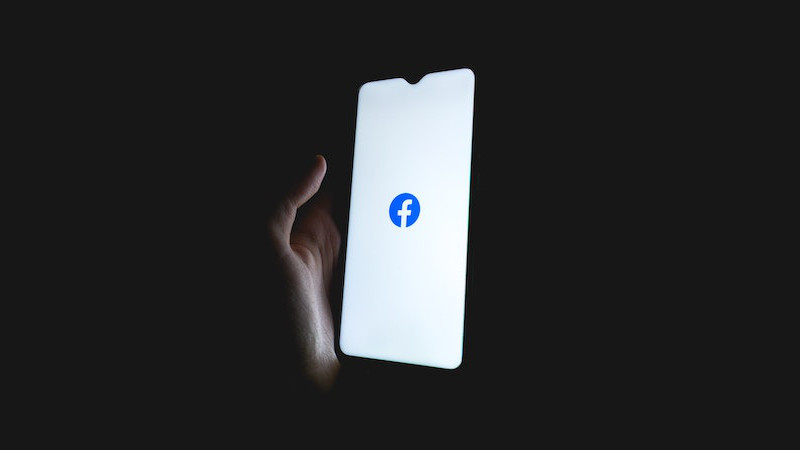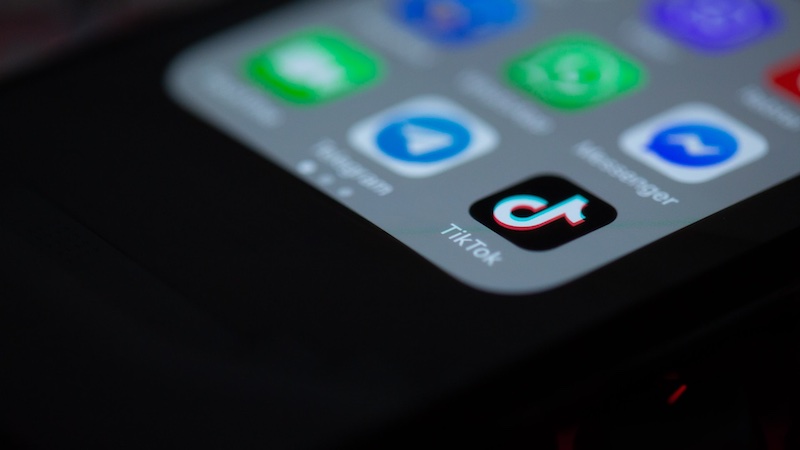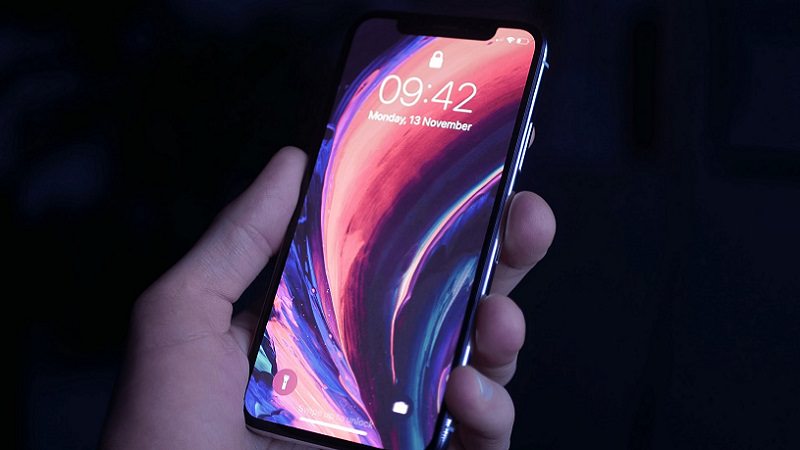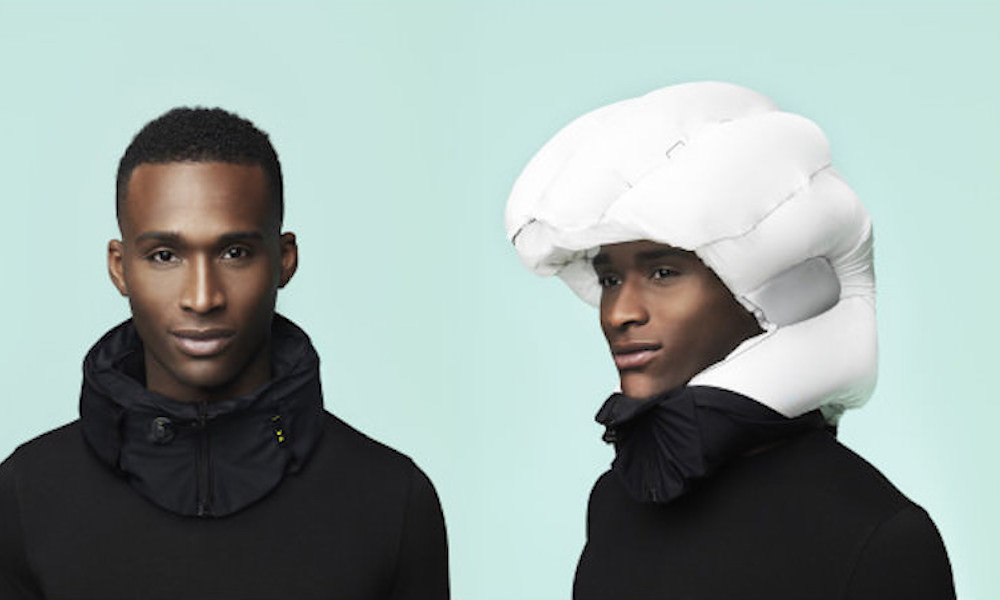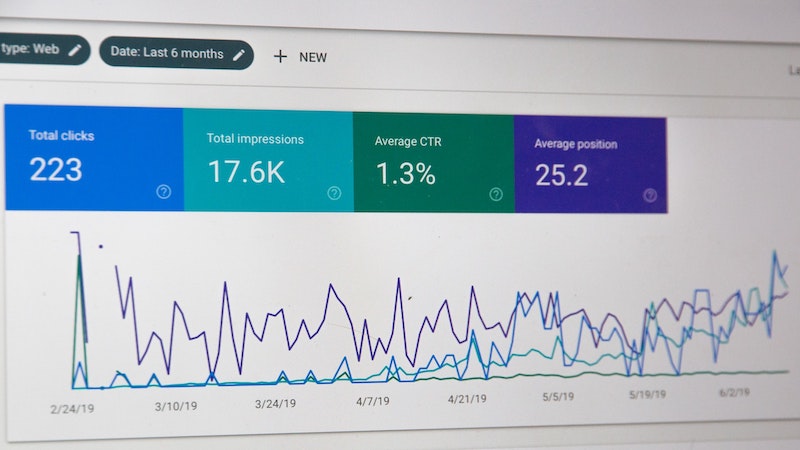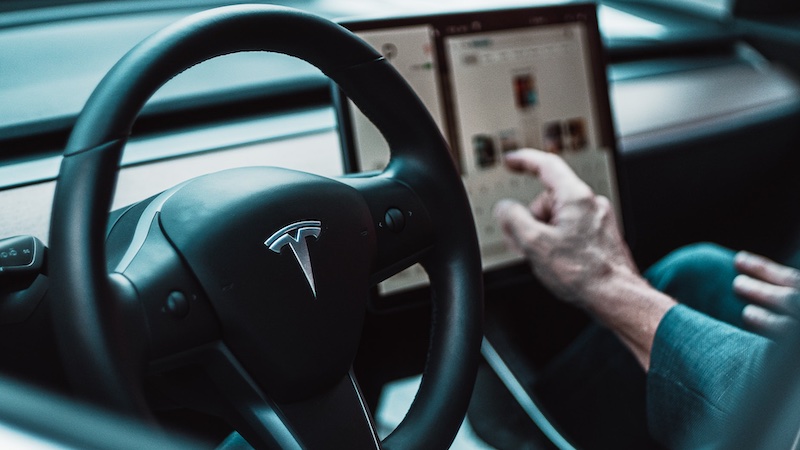Apple wants to bring the ID card to the iPhone. The “Secure Element”, which the tech giant already uses in the contactless payment system Apple Pay, is supposed to help. The U.S. Patent and Trademark Office has now published a corresponding application from Apple.
If you look back 20 years, it seems almost crazy that today you can simply pay at the supermarket checkout with your smartphone or watch. Even the fact that you no longer have to insert your card into the reader in case of doubt would have seemed more like science fiction to us in the past.
But now the ID card is to be transferred to the smartphone – or more precisely, to the iPhone.
The ID card on the iPhone is to be as secure as Apple Pay
That’s because Apple wants to patent exactly that, according to a recently published application from the U.S. Patent and Trademark Office. The “Secure Element” is supposed to make it possible.
Until now, Apple has used the technology behind the “Secure Element” for its contactless payment system Apple Pay. But now the company wants to use the special chip not only to manage payment data, but also to store data from our ID cards.
This will enable users to identify themselves more quickly electronically, even if they don’t have their ID document with them.
Apple has filed an application with the U.S. Patent and Trademark Office
Apple wants to patent the storage of ID documents in the “Secure Element”. The patent application has the somewhat unwieldy name “User Authentication Framework”.
In it, Apple explains how users can store their ID data on the iPhone using public key encryption. These are then confirmed electronically by the issuing authority for authentication.
It’s not just ID cards that could be transferred to smartphones in this way. Passports, driver’s licenses and student ID cards could also be integrated into the system.
Is the data in the ID card secure on the iPhone?
No personal data is to be transmitted during authentication with the iPhone ID card. Rather, the system affirms or denies the respective authorization to the requesting third party.
According to Apple, the date of birth is not relevant when buying alcohol, but only the fact whether the person is over a certain age.
